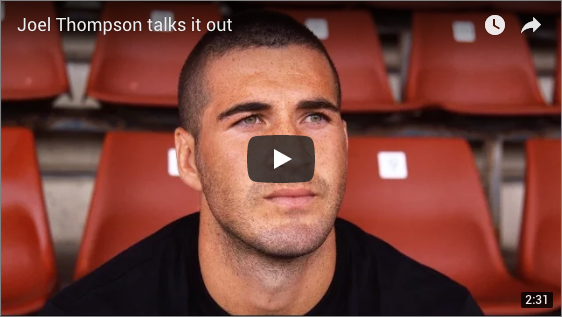Tackling mental health through NRL

Among many other sporting codes, the National Rugby League has been working on supporting better mental health of their players, supporters and community. Earlier this year, as part of their Festival of Indigenous Rugby League, the NRL ran a suite of programs alongside to encourage wellbeing and good mental health.
The programs included a wellbeing and employment expo, wellbeing workshops for all the teams playing in the festival and a three-day Indigenous Youth Leadership Summit, focussing on mental health and resilience.
A number of high profile players were at the festival, including Indigenous All Stars players, Greg Inglis, Johnathan Thurston, Dane Gagai, Wade Graham, Jack Wighton and Joel Thompson.
The festival was supported by the Federal Government and the Minister for Indigenous Health, Ken Wyatt AM, attended.
“Sport, in particular rugby league, plays an important role in many of our communities, connecting people and empowering them to make positive changes in their lives,” Minister Wyatt said.
“Team sports offer social connections, build personal relationships and a sense of belonging.
“Through the partnership at this festival, the good news on mental health is getting spread out to thousands of people here and through their friends, families and social networks across the many communities from which they have come.”
“This festival complements the NRL’s State of Mind programs, which focus on early intervention and reducing the stigma often associated with mental illness.”
The NRL has developed a number of initiatives as part of their State of Mind program. The program has the support of organisations such as Headspace, the Black Dog Institute and Lifeline.
For the last few years, the NRL has invested in the program, which aims to reduce stigma in the wider community through their profile, encourage help-seeking and support players to become mental health advocates. They have a number of high profile ambassadors, including Joel Thompson, Dane Gagai and Tariq Sims.
With so many people connected to NRL, through playing it or supporting it, these initiatives use those connections to support better mental health in specific groups like Indigenous people, young people and in the wider community.
Back to most recent edition
Newsletter
Stay up to date
Sign up to our Mind Reader newsletter for monthly mental health news, information and updates.